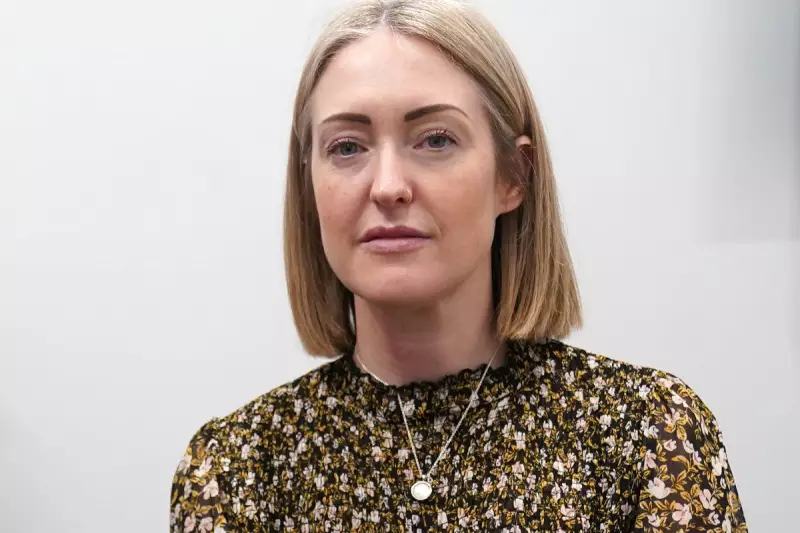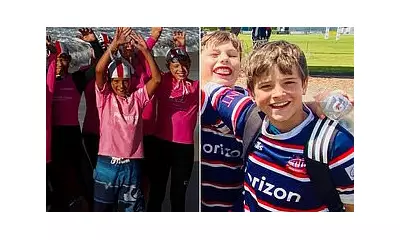
The mother of murdered teenager Brianna Ghey, Esther Ghey, has launched a powerful campaign for a radical overhaul of how children interact with technology, following the unimaginable tragedy that befell her family.
Her mission, born from profound grief, has two core objectives: implementing a ban on smartphones for under-16s and introducing much stricter age verification measures on social media platforms. She believes these steps are crucial to shield young people from the pervasive and often harmful online world.
A Policy Born from Personal Tragedy
Esther's advocacy gained significant traction this week as she addressed policymakers directly. Her proposals are not merely theoretical but are informed by the events that led to her 16-year-old daughter's death. Brianna was lured to a park in Warrington and subjected to a brutal attack, a plot her killers had discussed extensively online.
"I know first-hand how dangerous the online world can be for children," Esther stated, highlighting how social media and messaging apps can be a gateway to bullying, unrealistic beauty standards, and even extreme violence.
Beyond the School Gates: A Wider Societal Change
While the UK government recently issued guidance supporting mobile phone bans in schools, Esther Ghey is pushing for measures that extend far beyond the schoolyard. She envisions a societal shift where younger teenagers simply do not have access to smartphones and where tech companies are forced to take real responsibility for who accesses their content.
Her campaign has found a sympathetic ear in the government. Education Secretary Gillian Keegan praised Esther's "incredible strength and bravery," confirming that the new guidance empowers headteachers to prohibit mobile phone use throughout the school day.
A Nationwide Conversation on Child Safety
This movement taps into a growing national concern. A recent poll indicates that a majority of the British public supports a ban on smartphone sales for children under 16. Furthermore, Esther is collaborating with the charity Peace in Mind to promote mindfulness lessons in schools, aiming to build mental resilience alongside implementing protective technological barriers.
Her fight is a poignant reminder of the urgent need to balance the benefits of technology with the fundamental duty of care owed to the next generation. As one government source noted, Esther Ghey's voice is creating a powerful and necessary momentum for change that could reshape childhood in the digital age.





